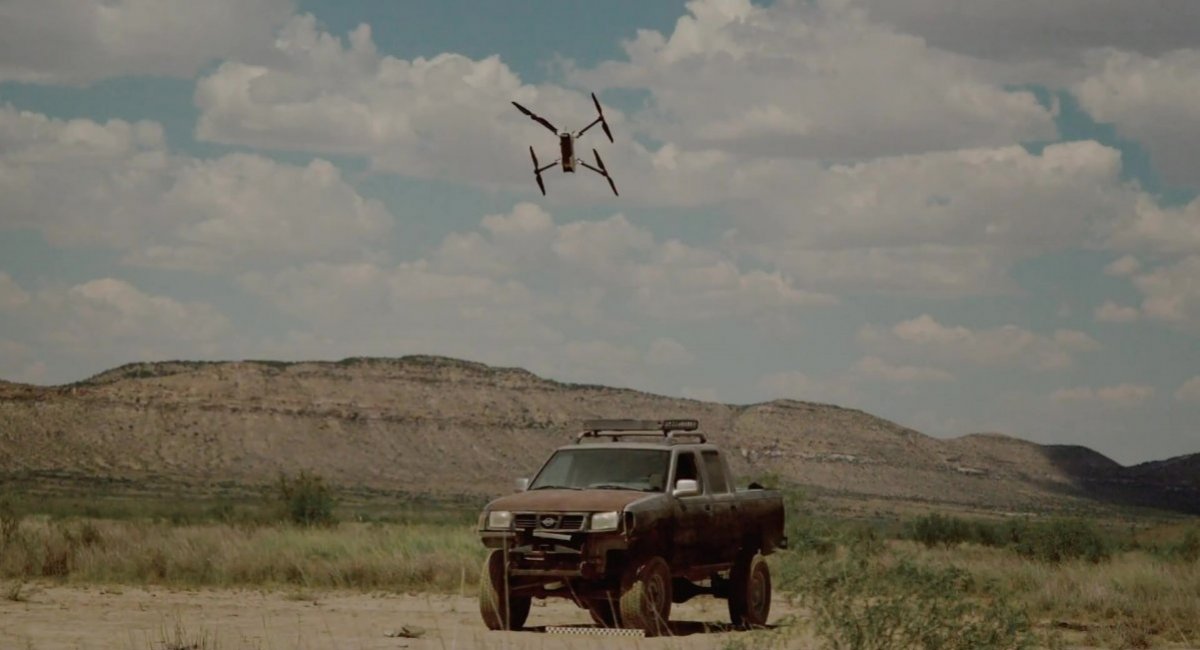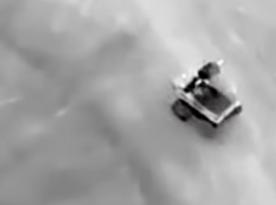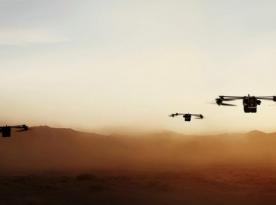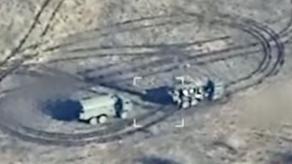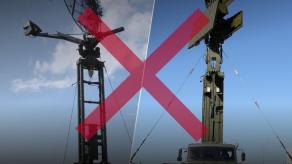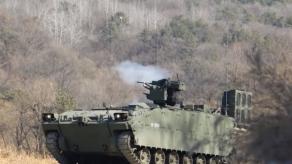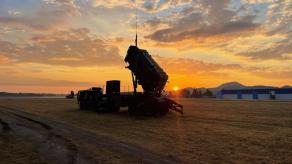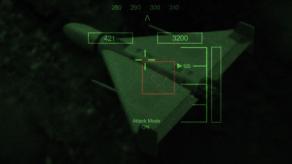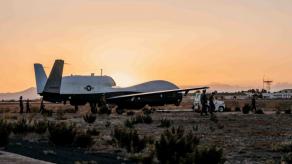American defense manufacturer Anduril is slowly becoming the pioneer of the most innovative solutions in the unmanned aerial systems domain. The company has presented its new development called Bolt, essentially a short-range first-person-view (FPV) kamikaze drone.
However, unlike many mass-produced racing drones that were only recently introduced to AI technologies, colloquially called "machine vision" in the context of the war in Ukraine, Anduril decided to make its product based on neural networks from the get-go.
Read more: Ukraine's American Drone Supplier Anduril Showed Altius-700M in Action, Attack Range Revealed (Video)
As the manufacturer showcased in the promo video, the entire piloting of Bolt can be reduced to setting checkpoints on the map. The drone will follow the route, as declared, even without satellite navigation.
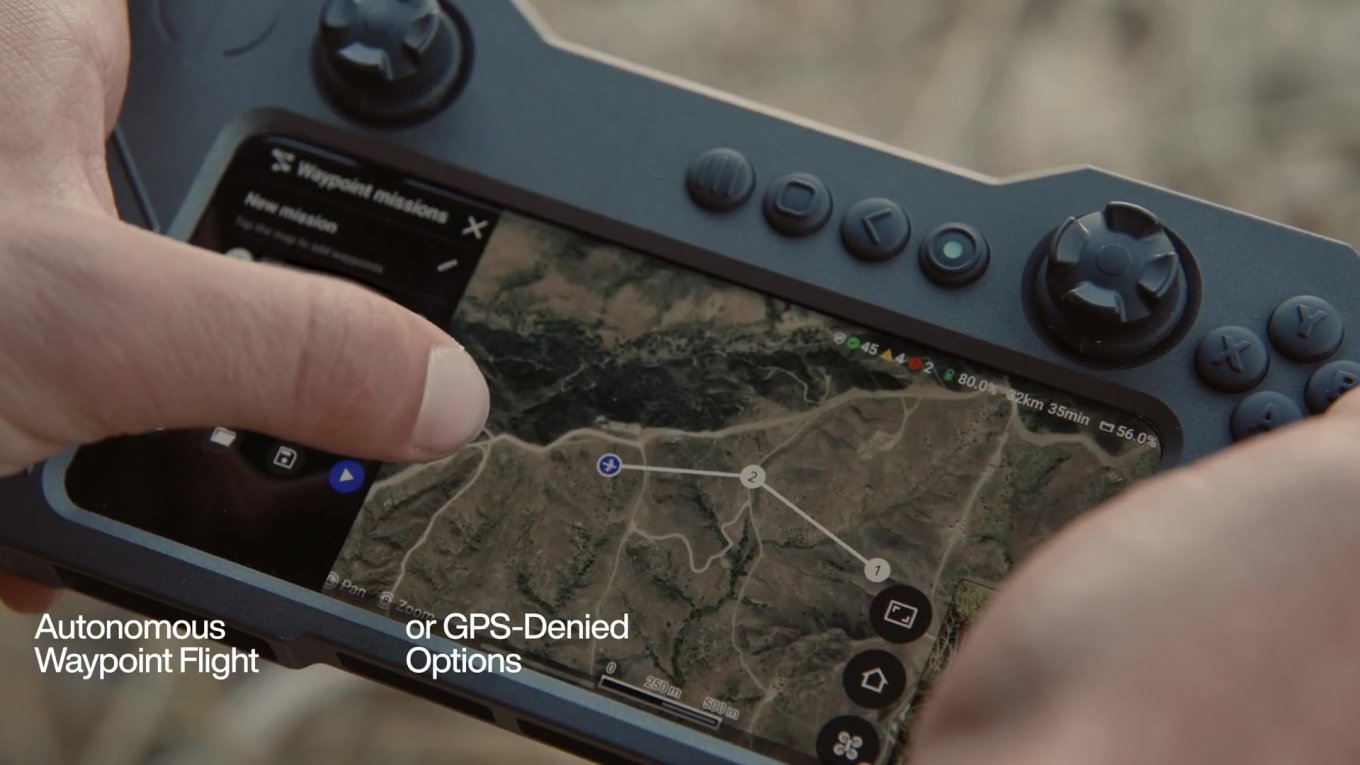
The operator can choose the angle, altitude, and distance to the target the drone must adhere to when tracking an enemy or friendly object. Worth noting, these functions are not particularly know-how because they were implemented, for instance, in Chinese DJI's series of commercial drones.
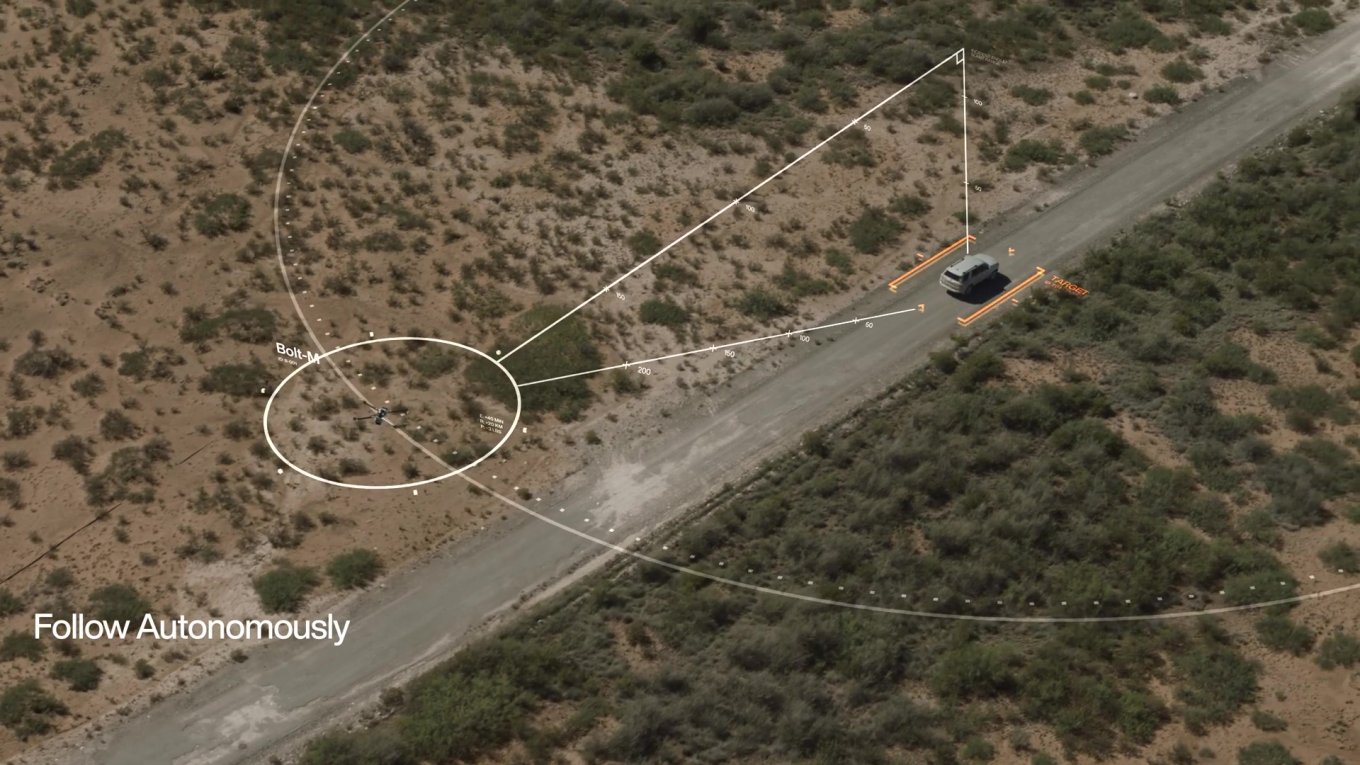
Commencing attack is programmed in a similar manner: the operator just pinpoints the target and initiates the automated process with a push of the button, optionally after specifying the angle of attack. Considering the drone can autonomously track its target, it no longer relies on further commands and therefore can finish the mission under denied environments, i.e. ignores electronic warfare interference.
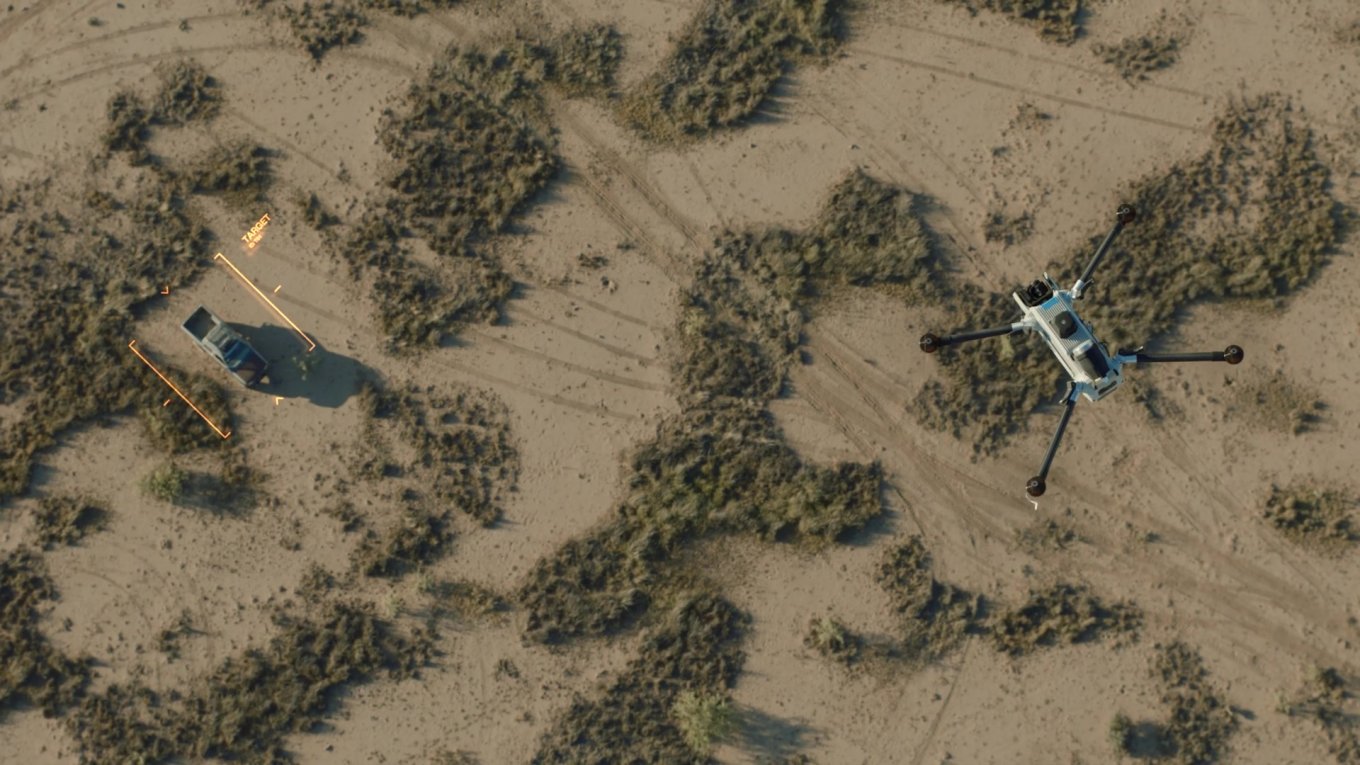
Next, we see an important feature stemming from the type of warhead: the airburst. This trigger mode has increased effectiveness against manpower or soft-skinned vehicles. Anduril also says the payload could be swapped for a shaped-charge warhead against armored units. Both strike payloads weigh 1.5 kg.
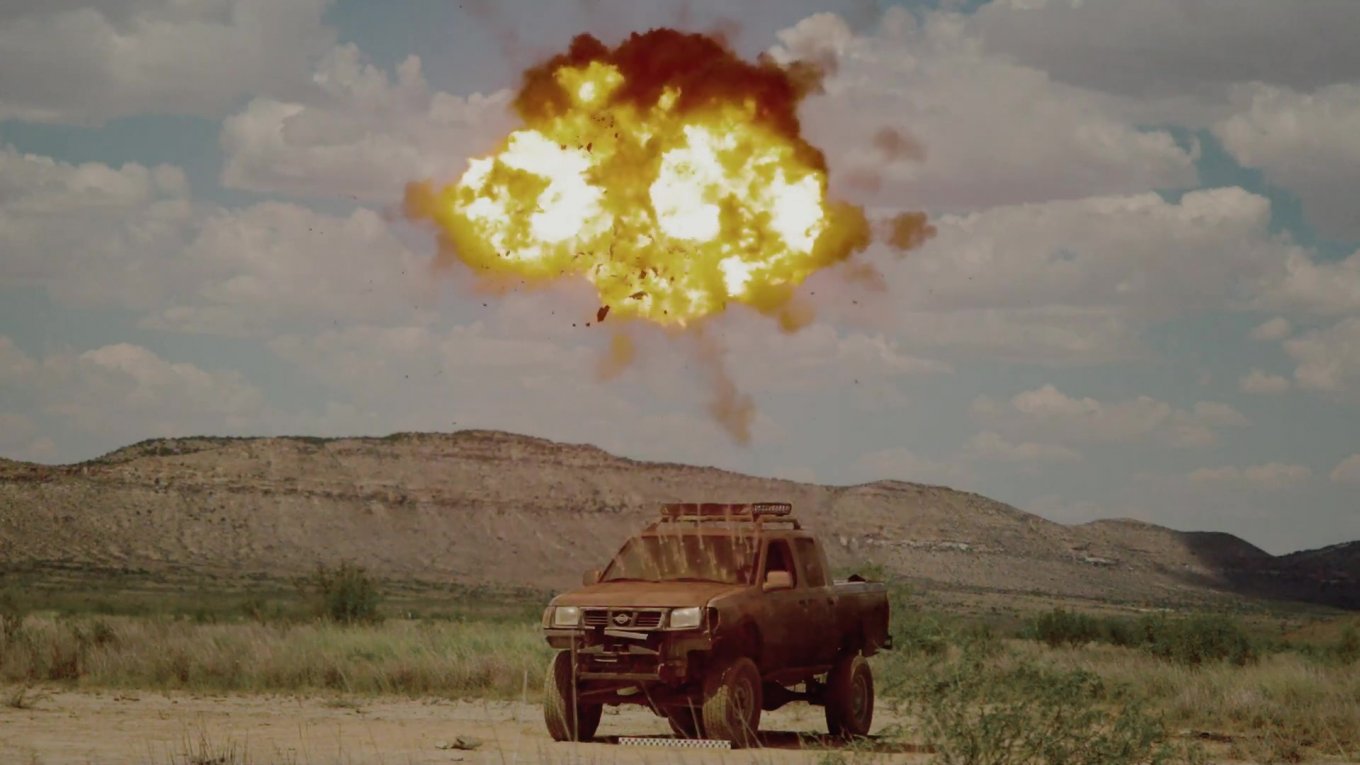
Generally, it's quite a large aerial vehicle with a declared endurance up to 40 minutes of flight, operational range over 20 km. It takes 5 minutes to prepare for launch.
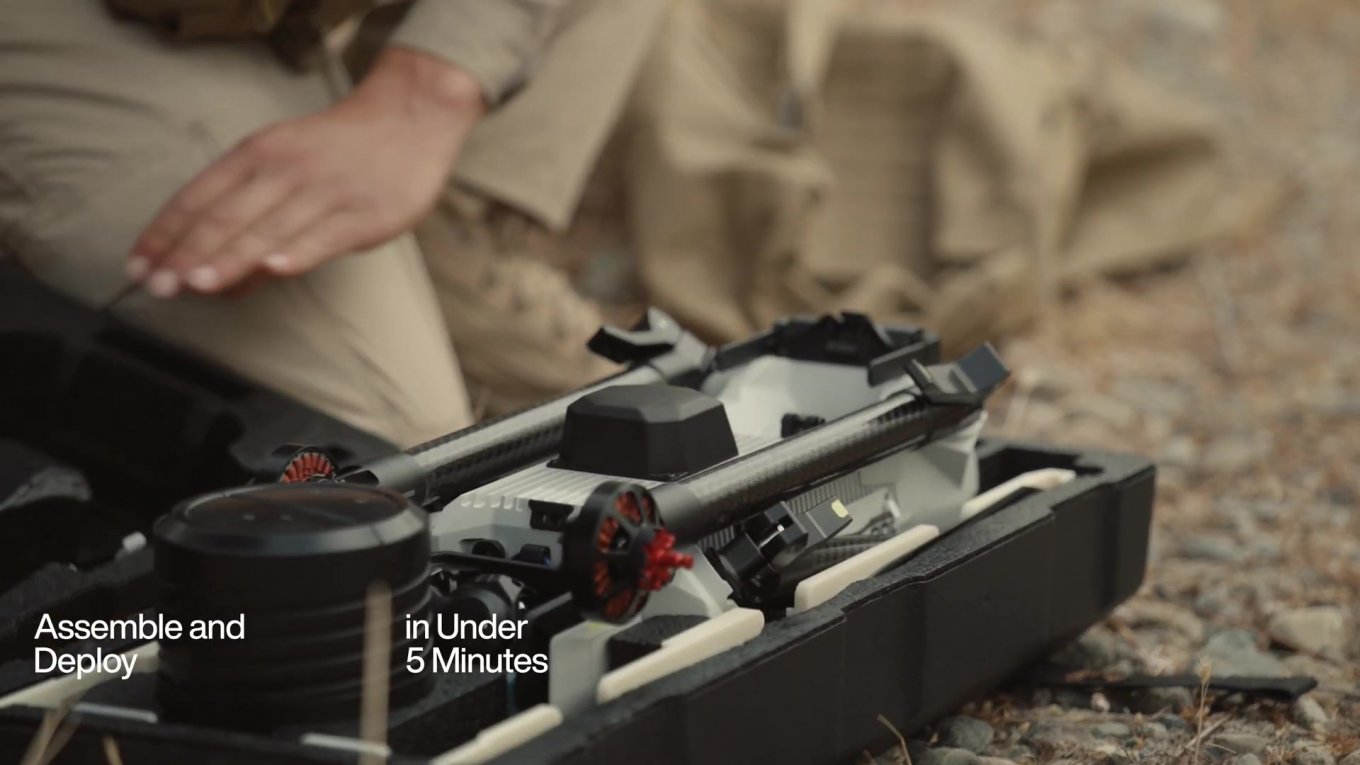
Bolt is equipped with optical and infrared cameras. Although not explicitly stated, there seems to be a laser rangefinder, too.
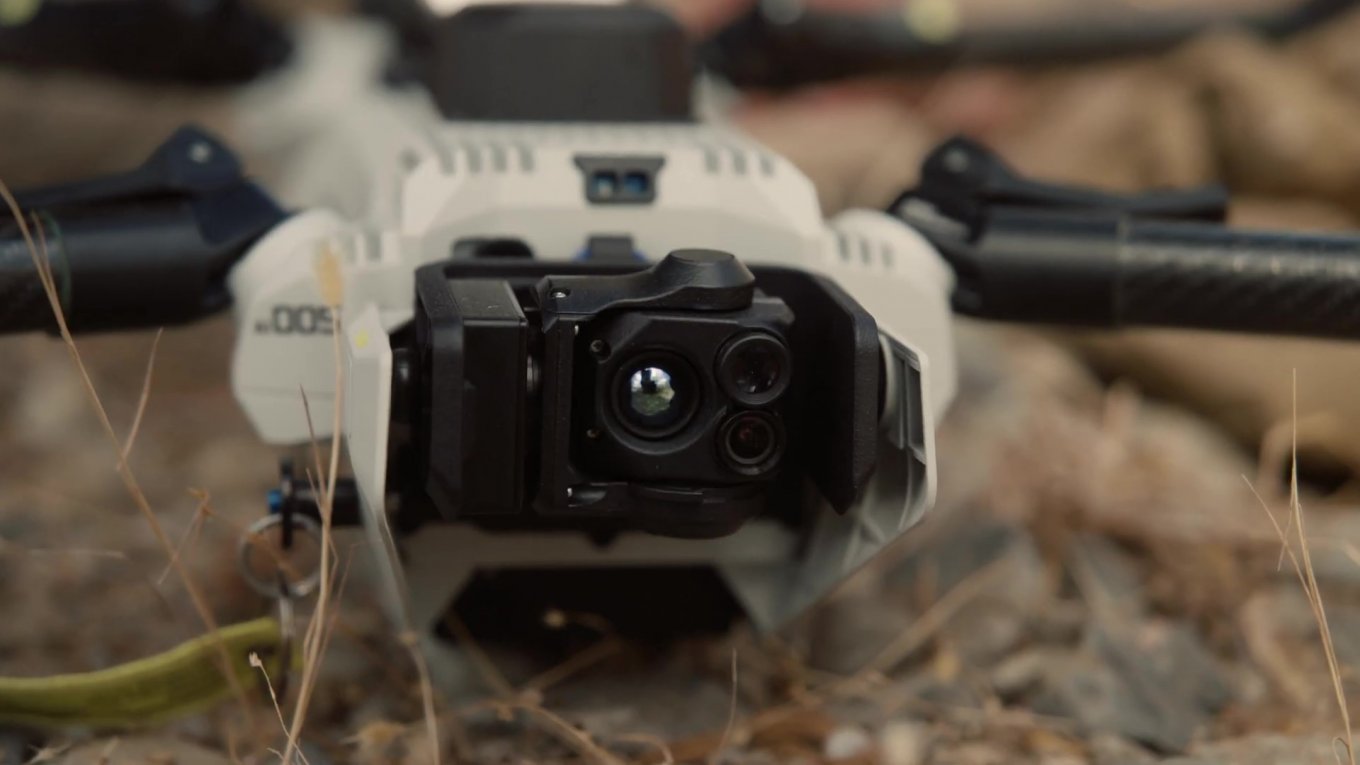
With all the perks and devices, Anduril's product still has a serious conceptual flaw. It is actually not the first time an American company fails to notice what made FPV drones flourish in modern warfare — they are, first of all, cheap and produced at scale.
Bolt exists in two versions, one is the reusable reconnaissance UAV, and another is the Bolt-M suicide drone. Regardless of being an expendable unit, the strike variant features all the same equipment. This results in roughly the same price despite the objectively stricter requirements for the reusable one, a topic we covered in detail here.
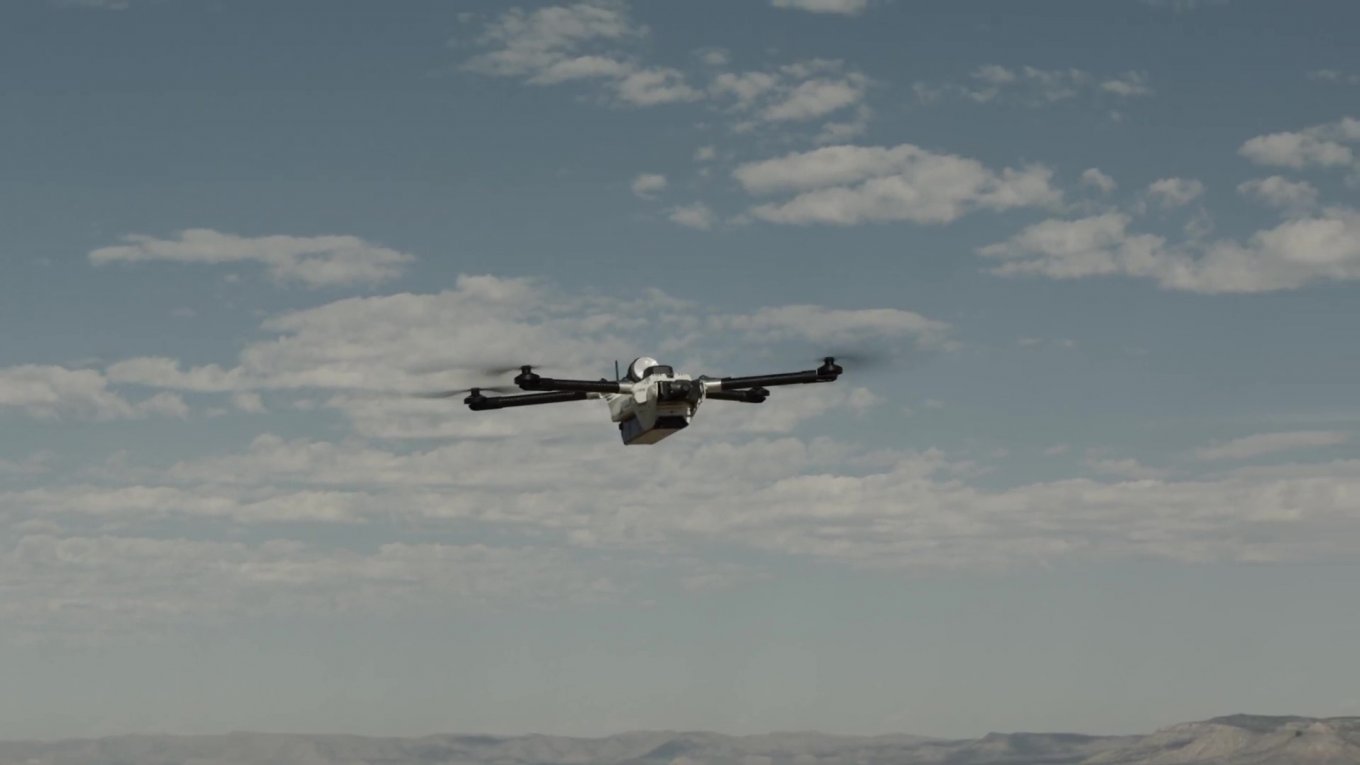
Nonetheless, Defense Express notes, if Anduril puts some work into turning its Bolt into a bomber drone, the result might be a much more impressive and flexible tool for the infantry in GPS-denied, signal-jammed conditions. Especially if the manufacturer takes it upon itself to develop special compatible ammunition for drops, and the precision facilitated by AI-powered software or additional sensors.
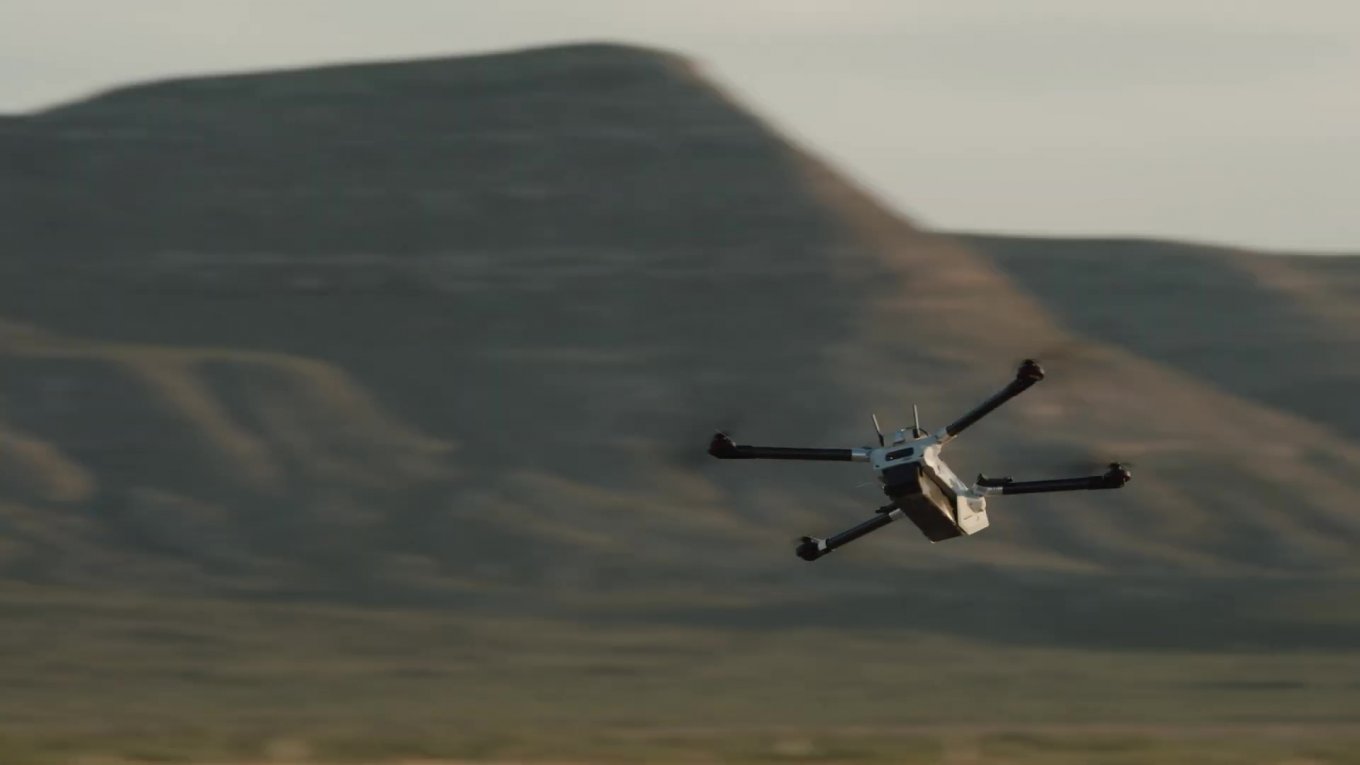
Read more: Satellite Photos Reveal Aftermath of Ukrainian Defense Forces' Strike on Shahed UAV Storage Base in russia's Krasnodar Region




